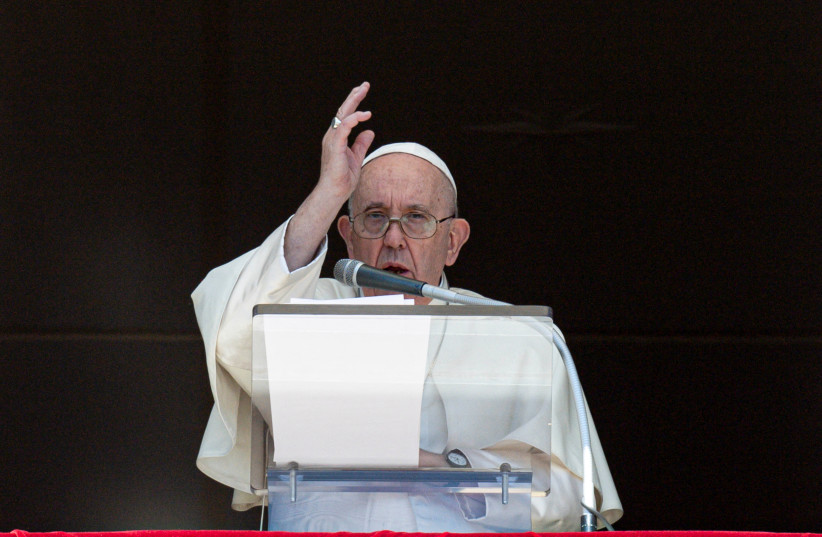The Catholic Church has the power to significantly reduce global carbon emissions in its institution of meat-free Fridays, according to new research from the University of Cambridge
“Our results highlight how a change in diet among a group of people, even if they are a minority in society, can have very large consumption and sustainability implications."
Study co-author Dr. Po-Wen She
“The Catholic Church is very well placed to help mitigate climate change, with more than one billion followers around the world,” said lead author Professor Shaun Larcom from Cambridge’s Department of Land Economy. “Pope Francis has already highlighted the moral imperative for action on the climate emergency, and the important role of civil society in achieving sustainability through lifestyle change."
The Pope has stood unequivocally on the side of climate action for years. In July 2022, Vatican-based news outlet Vatican News quoted Pope Francis as saying, "The phenomenon of climate change has become an emergency that no longer remains at the margins of society. Instead, it has assumed a central place, reshaping not only industrial and agricultural systems but also adversely affecting the global human family, especially the poor and those living on the economic peripheries of our world.”
The Catholic Church, the Jews of Spain and the rise of fish and chips

The practice dates back to the first century CE, when Pope Nicholas I declared that Catholics were required to abstain from eating meat on Fridays in memory of the death and crucifixion of Christ. This practice was the norm in the UK until 1985 when the Catholic Church in England and Wales announced that it was permissible to substitute another form of penance in place of meatless Fridays.
Catholics' practice of not eating meat on Fridays resulted in a boom in the fish market. This has had (at least) two famous culinary consequences -- one was the introduction of the Filet-O-Fish to the MacDonald's menu by Cincinnati franchise owner Lou Groen, whose hamburger sales were suffering on Fridays. The second is the ubiquity of fish and chips across England and the rest of the United Kingdom. The dish was brought to the British Isles by Sephardic Jews who came over from Spain and Portugal via the Netherlands, and in later centuries became a staple of the British Catholic weekly diet.
Environmental consequences
However, the environmental consequences are arguably more important that the cultural ones. In 2011, the Catholic Church of England and Wales re-instated the practice, although, predictably, they did not reach 100% compliance among all congregants. Only around 25% of UK Catholics changed their dietary habits – yet this still saved over 55,000 tons of carbon a year, according to the study.
The positive environmental impact of meatless Fridays is not necessarily limited to Catholics; religious leaders have the power to move large groups of people toward climate action. Co-author Dr. Luca Panzone from Newcastle University explained that, “many religions have dietary proscriptions that are likely to have large natural resource impacts. Other religious leaders could also drive changes in behavior to further encourage sustainability and mitigate climate change.”
“Our results highlight how a change in diet among a group of people, even if they are a minority in society, can have very large consumption and sustainability implications,” concluded study co-author Dr. Po-Wen She, a fellow of Cambridge’s Department of Land Economy.
